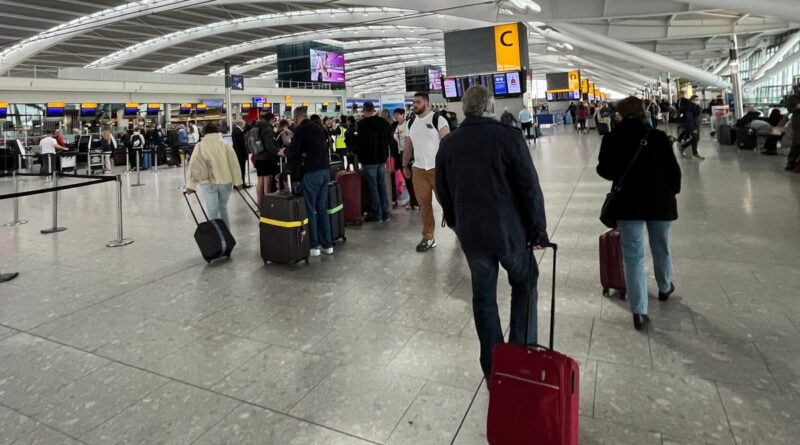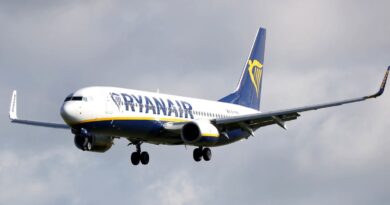Airlines and airports warn liquids rules for cabin baggage still apply
As the UK’s airlines and airports gear up for a record summer, and new flight routes appear at a rate of 10 a day, passengers are being urged to respect the liquids rules for cabin baggage.
At the start of the week travellers at both Birmingham and Stansted airports experienced extremely long queues as technical issues coincided with the usual Monday morning rush.
Some of them missed flights.
Birmingham airport apologised for the delay but told The Independent a high level of “rejected” bags was partly responsible.
An airport spokesperson said: “We wish to remind our customers that existing security restrictions remain in place. This can be confusing to our customers and on average 15 per cent of bags are rejected as they are not compliant with current security restrictions.”
The figure corresponds to 27 passengers on a typical 180-seater jet having to undergo a manual search. The airpor warns: “For each customer, a non-compliant bag adds 10 minutes on top of their security search time.”
The Independent understands Heathrow airport has a similar number of rejects.
Typically across UK airports, around one in 10 bags is non-compliant and requires a manual search.
At Liverpool John Lennon airport, the current average rejection rate is 7.5 per cent, but at the peak of the summer season rates which can be up at around 12 per cent.
Some airports, including London City and Teesside, have new scanners that allow larger quantities of liquids and “personal electronic devices” (PEDs) to be left in cabin luggage.
But many airports are not yet ready and have said they cannot comply with the government’s deadline of June 2024.
Ryanair is emailing passengers ahead of their flights to warn them: “Despite upcoming changes to the rule, the 100ml limit on liquids still applies across UK airports.
“We ask all passengers travelling through UK airports in the coming months to please consult the website of the airport for the most accurate and up-to-date information on their liquids policy. Policies will vary.”
The current much-loathed liquids regulations were introduced as a “temporary” measure in 2006.




